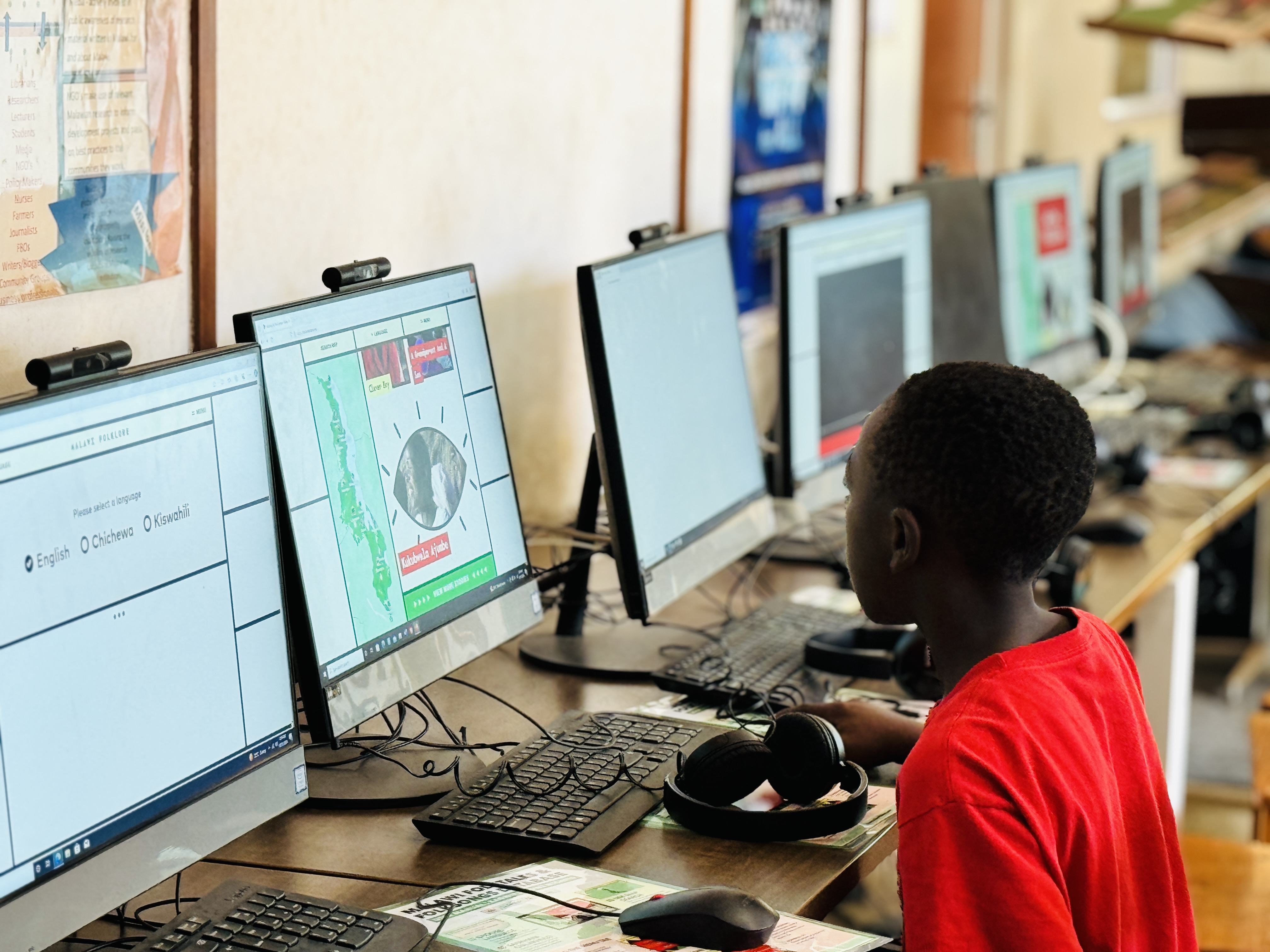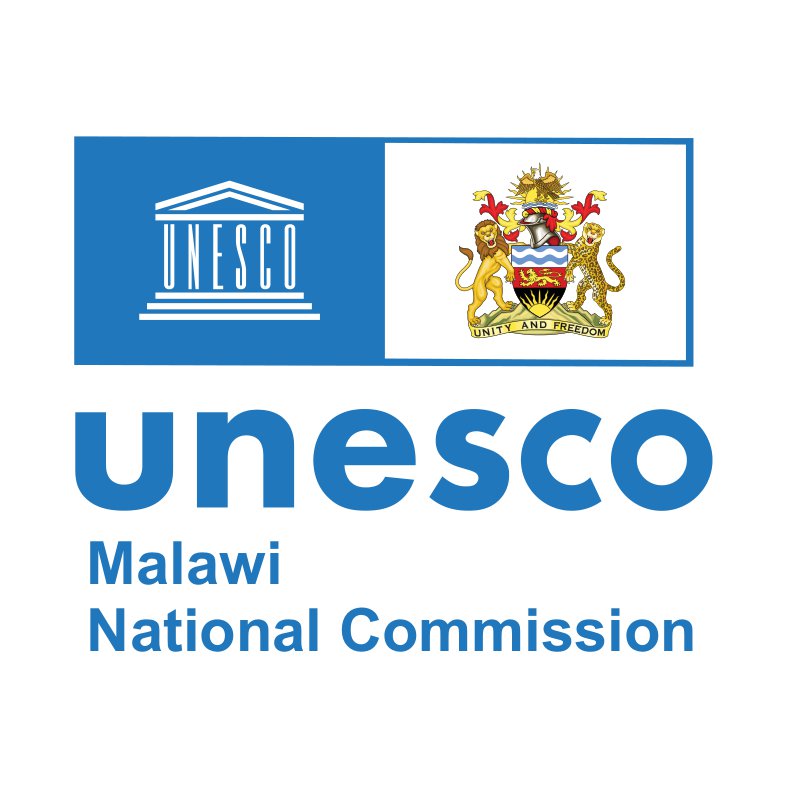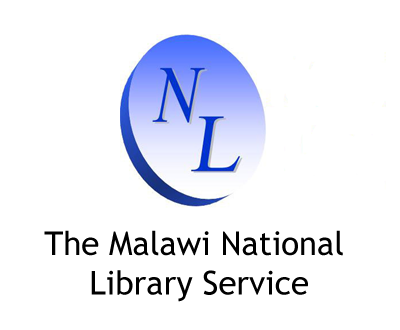
Malawi Folklore Database Project
A new website will make Malawi’s cultural heritage more accessible to its people.
October 2024 - Present
Malawi
Malawi Folklore Database Project
A new website will make Malawi’s cultural heritage more accessible to its people.
October 2024 - Present
Malawi
Explore the website here: https://malawifolklore.mw/
Over several years, Rei Foundation has collaborated with the Malawi National Commission for UNESCO (MNCU), the Malawi National Library Service (NLS), Sony and Music Crossroads Malawi (MCM) to travel throughout Malawi seeking and documenting the performance of folktale storytelling and folk songs. The fruit of these projects is many hundreds of audio and video recordings of stories and folk songs in languages spoken across Malawi. These recordings are the cultural property of the Malawian people (rather than a private collection). A new website, launched officially on 9 October 2024, aims to make them accessible to the people of Malawi – aiming to become the country's first major resource of local knowledge made available to the wider public.
— Christopher Magomelo, Senior Executive Secretary for Culture, Malawi National Commission for UNESCO
As part of the outreach of these materials in 2023, MNCU, NLS and MCM went on a 13 district outreach tour across Malawi, screening the folk tales and stories in villages where they were originally documented. It was a great success and there are plans to run more such tours to continue sharing information in this way. These tours are a great opportunity to reconnect with communities who contributed to the project (particularly in remote areas with limited access to internet), but these cannot reach everyone; the new website will make the resource of folklore accessible to a wider audience and has more opportunity for individual research and exploration.
The website aims to activate Malawi’s intangible cultural heritage through sharing the documented activities. The website was planned by a task force of people from NLS, MNCU and MCM in Malawi and Rei Foundation and design agency Alt Group in Aotearoa. It was developed by Auckland-based web agency Cactuslab. The result is a vibrant website that is culturally appropriate and fun to explore. For those without the devices needed to access this resource, a number of access points have been created in NLS branches in Lilongwe, Blantyre, Mzuzu and Zomba, along with MCM’s and MNCU’s headquarters in Lilongwe, where computers will be made available for the public to view the database.

Image of a man capturing Malawi's cultural dance.
The videos have been presented in a sophisticated way to enable people to find exactly what they are looking for and/or explore creatively. Users can filter content by type (songs or stories), keyword, location, name of the performer and characters, and can toggle between Chichewa, Kiswahili and English. There is even an option to explore via pictures, great for kids and people who prefer visuals. Strong colour contrast and large typography also increase accessibility for users, but the project team plans to work with the Malawi Council of Disability Affairs (MACODA) to make the site even more accessible.
The website presents a broad range of folk stories and folk songs spanning the whole country and touching on a huge variety of topics. However, not all the videos collected in the documentation projects will be available online: some knowledge needs to be kept within the community and will not be shared with the general public.
The Malawi Folklore website allows the people of Malawi to access and learn from their own cultural heritage. It is expected that the website will be enjoyed by a diverse audience, including artists, researchers, writers, folklorists, students, teachers, musicians, actors, documentarists, along with the general public in Malawi and further afield.
While the website will exponentially increase accessibility to the folklore recordings, internet access is not always reliable in parts of Malawi. Therefore the project team has devised additional methods to share the recordings, including an offline version to be available in 2025 at selected public libraries and other access points across Malawi.








